Statehouses have taken LGBT rights into their own hands--for better or worse--since marriage equality became the law of the land last summer.
Anti-transgender laws in North Carolina and Mississippi have revealed just how far some state legislators are willing to go to stamp out rights for LGBT people. However, at the federal level, hope remains that the Equality Act, introduced by Power 50 Honoree Rep. David Cicilline (D-RI), will sweep aside the new state-level restrictions. The Equality Act would update language in the Civil Rights Act of 1964 to include sexual orientation and gender identity as protected classes.
For this Congress, that prospect is nothing more than a pipe dream.
Cicilline called on the House Judiciary Committee to hold a hearing on the bill, which has languished in its subcommittee since September.
"Since its introduction, House Republicans have done nothing to advance this bill--or any other legislation, for that matter--that would address LGBT discrimination," he said during an April 28 news conference. "We have seen state lawmakers rush to fill this vacuum with new laws that legalize discrimination against the LGBT community."
When we contacted the office of Rep. Bob Goodlatte, House Judiciary Committee chairman, for comment, a spokeswoman referred to the committee's press officer. When pressed for the representative's stance on LGBT rights, the spokeswoman did not respond.
Cicilline wasn't asking for much--just the chance to debate the bill, an update of the Civil Rights Act of 1964, with this peers on the committee. He may not even get that.
The full committee is stacked with 23 Republican representatives against 16 Democrats. Of those 23 Republicans, 57 percent have a 0 score on the Human Rights Campaign congressional scorecard--meaning they do not support or voted against several LGBT legislative efforts.
The remaining Republicans only ranked higher than 0 because of their opposition to one amendment. This amendment to the Violence Against Women Act in 2013 would have removed sexual orientation and gender identity protections when helping battered women. However, testimony shows most of those Republican representatives opposed the amendment because it also removed protections from immigrant families and Native Americans. At least in public talks, queer women were not the priority for these Republicans.
That's essentially 23 Republicans--59 percent of the whole committee--with little to no record of supporting any LGBT legislative issues. They're against 16 Democrats, 14 of whom have 100 HRC congressional scores. The odds in the subcommittee are just as disheartening.
Cicilline may want a debate over his Equality Act, but looking at the breakdown of the committee members, the room for compromise is clearly slim. Congress is unlikely to do away with these state laws with a swish of magical legislative supremacy. For now, the pressure remains on states to fall on the right side of history, while Washington limps toward November.
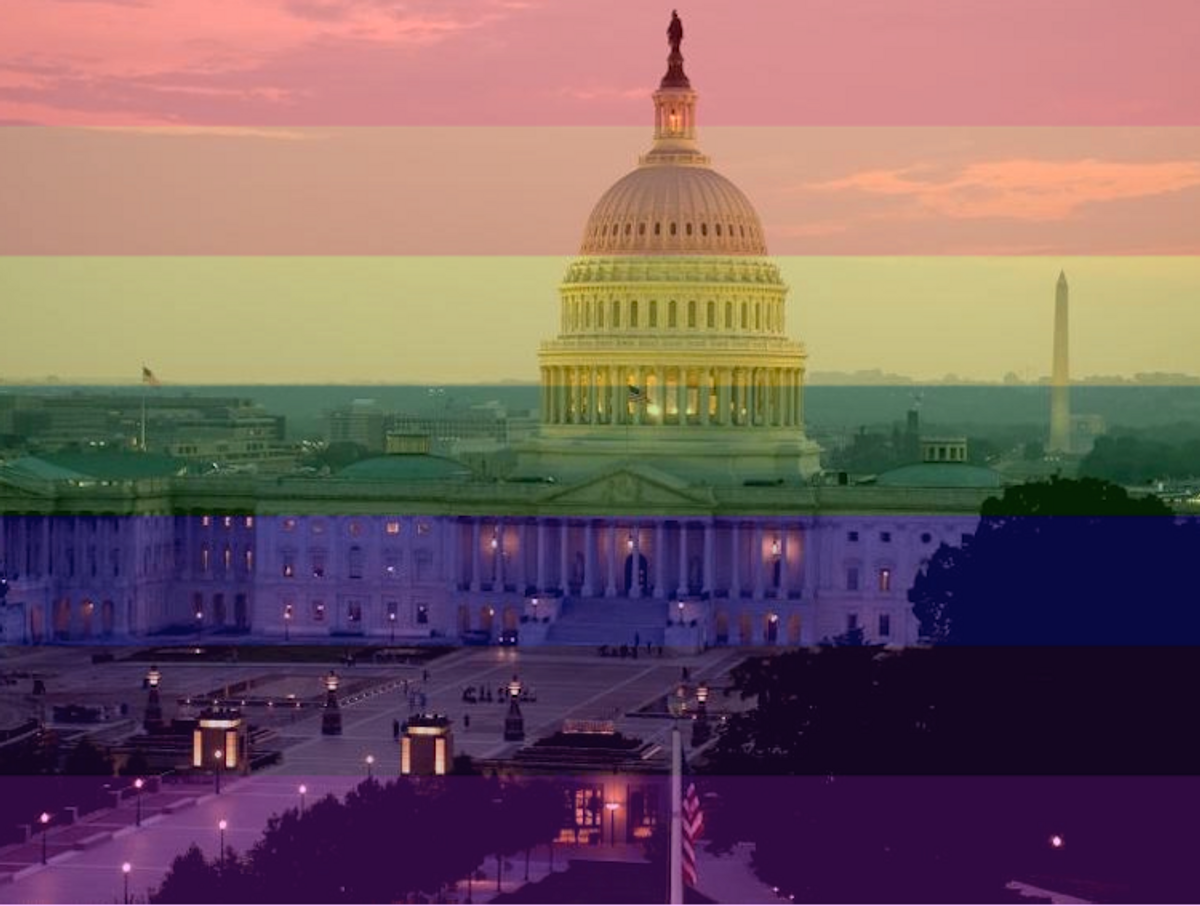









































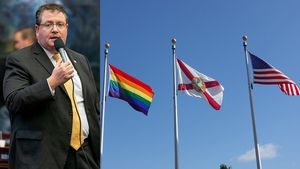












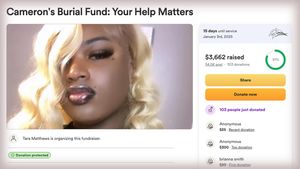
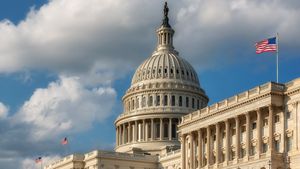













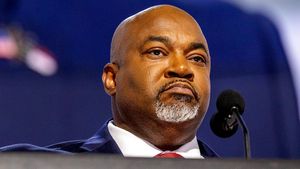











Sexy MAGA: Viral post saying Republicans 'have two daddies now' gets a rise from the right